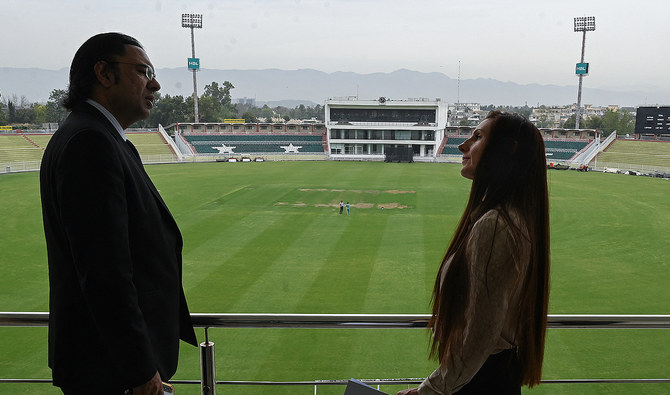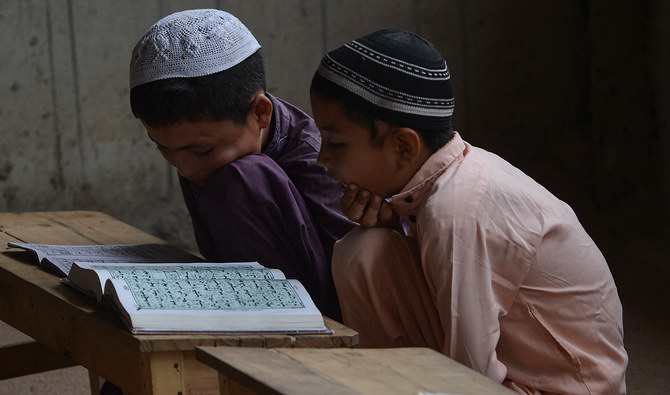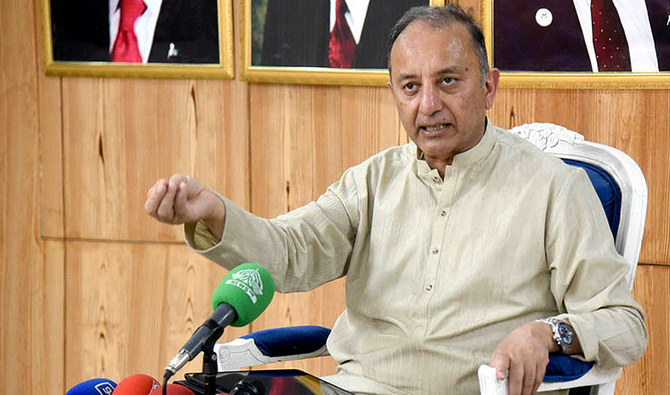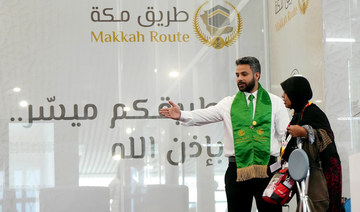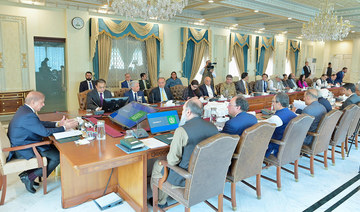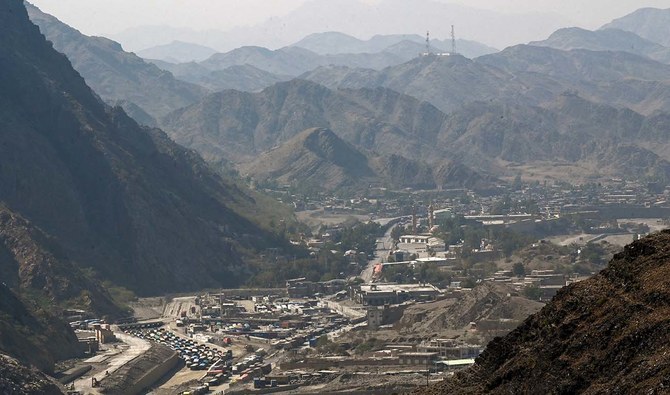KARACHI: Pakistan and Azerbaijan have decided to constitute a Joint Working Group on Energy after the latter expressed an interest to invest in Islamabad’s Liquefied Natural Gas (LNG) sector, Federal Minister for Petroleum, Ghulam Sarwar Khan, said on Wednesday.
“Azerbaijan is interested in investing in the LNG sector through State Oil Company of Azerbaijan Republic [SOCAR]”, Khan said during a meeting with Ali Alizada, Azerbaijan Ambassador, in Islamabad.
Alizada said that SOCAR’s activities include exploration of oil and gas, production, processing and transportation of oil, natural gas; as well as marketing of petroleum and petrochemical products in the domestic and international markets.
“It also operates a wide network of petrol stations in Ukraine, Romania, Georgia, Switzerland, and Azerbaijan under its brand name. Azerbaijan’s daily production of crude oil is approximately 860,000 barrels per day (bpd) and its annual gas production is approximately 29.4 billion cubic feet,” he said, adding that this ensured that SOCAR remained “a predominant player in its core region as well as an invaluable trade partner in the global market”.
Both countries had entered into an inter-governmental agreement (IGA) in February 2017 for the supply of a number of oil and gas products, including furnace oil, petrol, diesel and LNG. The two are expected to sign a commercial agreement in February during Azerbaijan Foreign Minister’s visit to Islamabad.
“Petroleum Division will try its best to get this agreement ratified from the Economic Coordination Committee [ECC] and the federal cabinet so that the mutual relations between both the countries can be strengthened,” Khan said.
Pakistan expects that imported gases as a percentage of total gas in the system will increase from 10 percent to more 60 percent as, at present, gas-based electricity generation has moved up to more than 40 percent — primarily supplied by LNG.
“The demand and scope for LNG in Pakistan is great as the government has taken steps to make LNG and coal as substitutes for oil, especially for power generation,” Saad Hashmy, Head of Research of Topline Securities, said, adding that “power generation through furnace oil is being totally substituted with LNG or coal”.
Pakistan imported $7.66 billion worth of petroleum goods during the six months (July-December 2018) of the current year FY19 as compared to$6.6 billion during the same period last fiscal year, data released by the Federal Bureau of Statistics (FBS) showed.
With growing demand for LNG, the imports have also substantially increased during the past six months, mainly for power generation. During the period from July to December of FY19, Pakistan imported $1.7 billion worth of LNG which is 95 percent higher than the corresponding period of last year, according to the data.
However, supporters of Liquefied Petroleum Gas (LPG) are also campaigning for the product as a major source of energy for Pakistan in the future. ”Supply of LPG is continuously improving as the government has taken taxation measures. The LPG will be 45 percent and 55 percent cheaper than petrol and diesel,” Irfan Khokhar, energy expert and Chairman of LPG Industries Association of Pakistan, told Arab News.
Pakistan’s energy mix shows that the country still relies heavily on fossil fuels to meet its energy demands of up to 64 percent while 27 percent power generation comes from hydro, 7 percent from nuclear sources, and only 2 percent from renewable energy sources.




